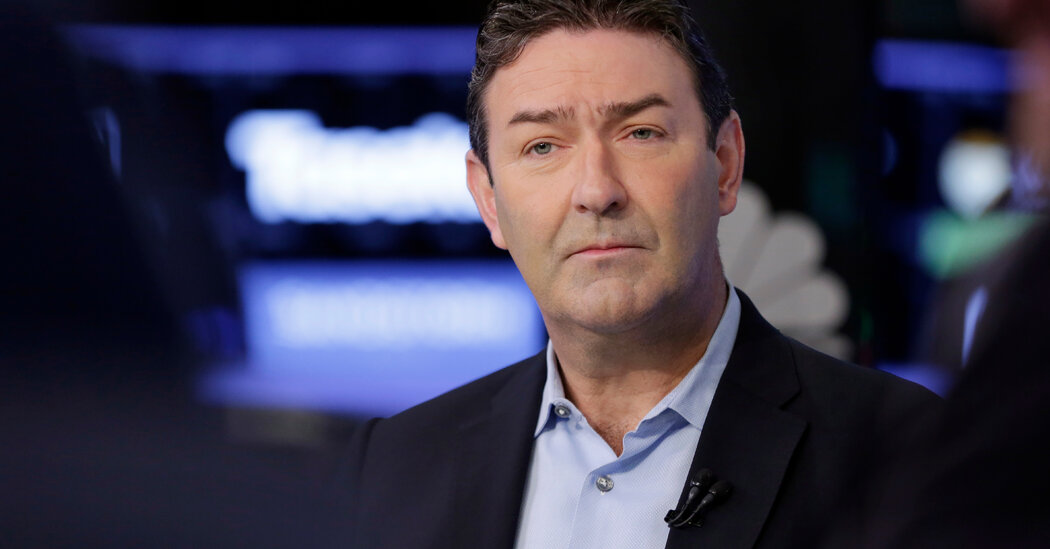
Mr. Easterbrook initially decided to fight the lawsuit, and his lawyers filed a motion to dismiss, calling it “meritless and misleading.”
But with his agreement to return the huge sum of cash and stock to the company, Mr. Easterbrook has effectively conceded what was shaping up to be a long and costly legal battle. Mr. Easterbrook apologized in a statement released by the company.
“During my tenure as C.E.O., I failed at times to uphold McDonald’s values and fulfill certain of my responsibilities as a leader of the company,” he said. “I apologize to my former co-workers, the board, and the company’s franchisees and suppliers for doing so.”
Even while McDonald’s has posted robust earnings during the pandemic, some investors have been critical of how Mr. Easterbrook’s dismissal was bungled. Late this summer, some investors voted against the re-election of certain longtime board members, including Mr. Hernandez. McDonald’s also still faces myriad shareholder lawsuits over the firing of the executive.
On Thursday, the company said that “Mr. Easterbrook would return equity awards and cash, with a current value of more than $105 million, which he would have forfeited had he been truthful at the time of his termination and, as a result, been terminated for cause.” It did not specify the proportion of cash and stock. McDonald’s shares are up more than 25 percent this year.
In his more than four years on the job, Mr. Easterbrook was credited with turning around McDonald’s and reviving its languishing stock price. As chief executive, he reduced costs, introduced touch-screen ordering and established all-day breakfast. Shares in the company roughly doubled.
The clawback of his compensation, while large, is not the biggest in corporate history, although many earlier situations involved allegations of financial or accounting fraud. In 2007, the Securities and Exchange Commission recovered more than $400 million in profits made by William McGuire, the former chief executive of United Health, to settle claims related to a scheme involving the backdating of options. Later, Tyco International sued a former chief executive, Dennis Kozlowski, who had been convicted of looting the company, in an effort to collect $500 million he had received in compensation and benefits.







